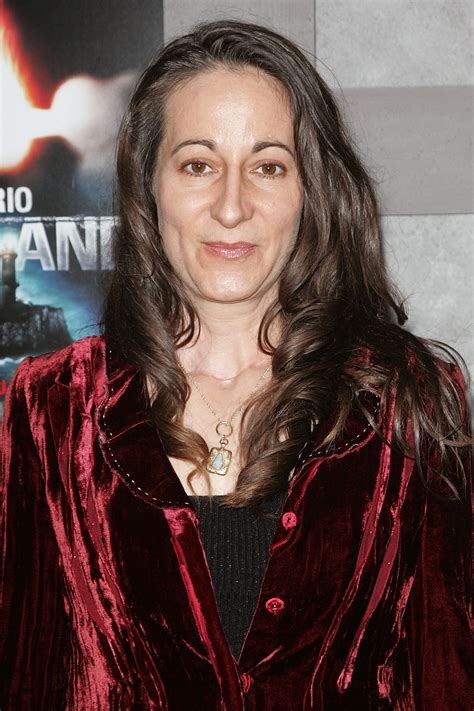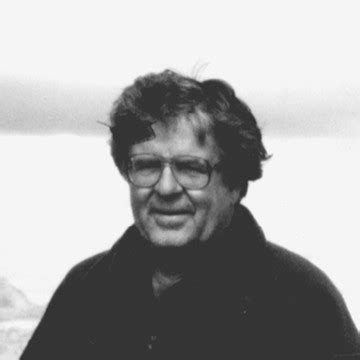A Quote by Haruki Murakami
According to Chekhov," Tamaru said, rising from his chair, "once a gun appears in a story, it has to be fired." "Meaning what?" "Meaning, don't bring unnecessary props into a story. If a pistol appears, it has to be fired at some point. Chekhov liked to write stories that did away with all useless ornamentation.
Related Quotes
A story is a way to say something that can't be said any other way, and it takes every word in the story to say what the meaning is. You tell a story because a statement would be inadequate. When anybody asks what a story is about, the only proper thing is to tell them to read the story. The meaning of fiction is not abstract meaning but experienced meaning.
Chekhov's stories are about the moment that a life goes off the rails and the price that will be paid - forever. That's a typical Chekhov story for you. Something that you're used to lying in bed worrying about at four in the morning, before you have the psychic defenses to kid yourself and tell yourself to get up and shower and go to the office.
I think that maybe happy families don't need stories the way unhappy families need stories. Maybe they're too busy living that they don't actually step back and talk about life like the Anton Chekhov quote. I prefer Anton Chekhov to Lev Tolstoy, and the reason is because of what he leaves out. Sometimes I think Tolstoy had a theory that he was proving and he proved it. Chekhov is more ambiguous.
Give me the gun." Ranger said. I extracted the gun from my pants and handed it over. Ranger held the gun in the pulm of his hand and smiled. "It's warm," he said. He put the gun in the glove compartment and plugged the key into the ignition. Am I fired?" No. Any women who can heat up a gun like that is worth keeping around.
The writer's job, after all, is not to dictate meaning, but to give the reader enough pieces to create his or her own satisfying meaning. The story is truly finished—and meaning is made—not when the author adds the last period, but when the reader enters the story and fills that little ambiguous space, completing the circuit, letting the power flow through.
John Kricfalusi wanted me to quit the job when he got fired in 1992. But the problem there is that I wasn't his partner. I was a hired gun. And then people badmouth me for 10 years, like a rock in my shoe in that camp. It's a very small but active group of posters, as I've come to find out. But the thing is that I finally got to the point where, "Okay, I get you, I get it you don't like that I did what I did." But the thing was, the whole story was cockeyed. They said I put everybody out of work. No, I didn't. Everybody was going to be out of work if I didn't continue the Ren & Stimpy show.
I didn't get fired." "You didn't punch your boss and get fired from the Tribune? That's what I heard." "I punched what could loosely be called a colleague for cribbing my notes on a story and since the editor–who happened to be the asshole's uncle–took his word over mine, I quit." "To write books. Is it fun?" "I guess it is." "I bet you killed the asshole in the first one you wrote." "You'd be right. Beat him to death with a shovel. Very satisfying.





































